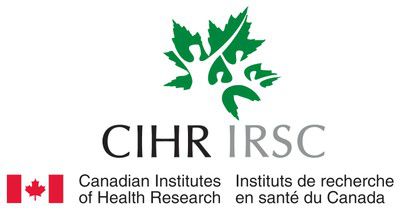Recent advances in genome technologies provide the means to comprehensively analyze somatic mutations related to cancer and are accelerating the convergence of basic science and clinical translation. To benefit from the massive resources devoted to human cancer sequencing efforts, we now have to weed out all the inconsequential ‘bystander’ mutations from the handful of driver mutations and molecular pathways that initiate tumor development and control metastases, as only the latter have diagnostic and therapeutic relevance.
The revolution in next generation sequencing and our ability to identify most of the (epi)genetic alterations associated with human malignancies demands a corresponding increase in the efficiency and throughput of our tools to study the function of putative cancer genes. However, these tools such as genetic ablation studies in mice are grossly lagging behind being extremely time- and resource- intensive. We are therefore developing new functional genomic tools and mouse models to simultaneously annotate hundreds of putative cancer genes within a matter of weeks. In particular, we are concentrating on epithelial tumors of the breast, the lung and the Head and Neck as well as brain tumors.
Using ultrasound-guided in utero injections of lentiviral RNAi and CRISPR libraries we try to integrate human cancer genetics and mouse modelling to
(1) elucidate the genes and gene combination responsible for tumor development and malignant progression,
(2) identify novel cancer vulnerabilities (=novel drug targets) and to
(3) establish genetically traceable mouse models to test novel therapeutic strategies.








